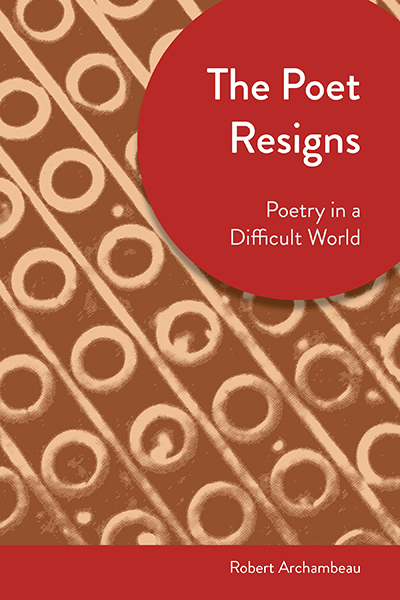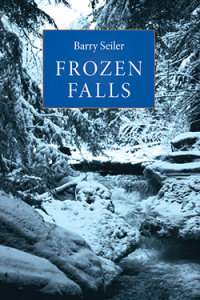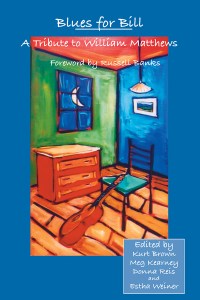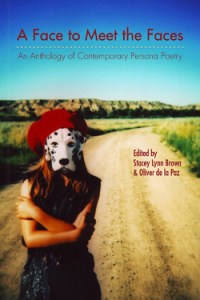Description
What are we really wishing for when we want poetry to have the prominence it had in the past? Why do American poets overwhelmingly identify with the political left? How do poems communicate? Is there an essential link between formal experimentation and political radicalism? What happens when poetic outsiders become academic insiders? Just what makes a poem a poem? If a poet gives up on her art, what reasons could she find for coming back to poetry? These are the large questions animating the essays of The Poet Resigns: Poetry in a Difficult World, a book that sets out to survey not only the state of contemporary poetry, but also the poet’s relationship to politics, society, and literary criticism.
In addition to pursuing these topics, The Poet Resigns peers into the role of the critic and the manifesto, the nature of wit, the poetics of play, and the persistence of modernism, while providing detailed readings of poets as diverse as Harryette Mullen and Yvor Winters, George Oppen and Robert Pinsky, Pablo Neruda and C.S. Giscombe. Behind it all is a sense of poetry not just as an academic area of study, but also as a lived experience and a way of understanding. Few books of poetry criticism show such range—yet the core questions remain clear: what is this thing we love and call ‘poetry,’ and what is its consequence in the world?
Reviews & Interviews
The University of Chicago Press Journals- https://www.journals.uchicago.edu/doi/full/10.1086/678539




